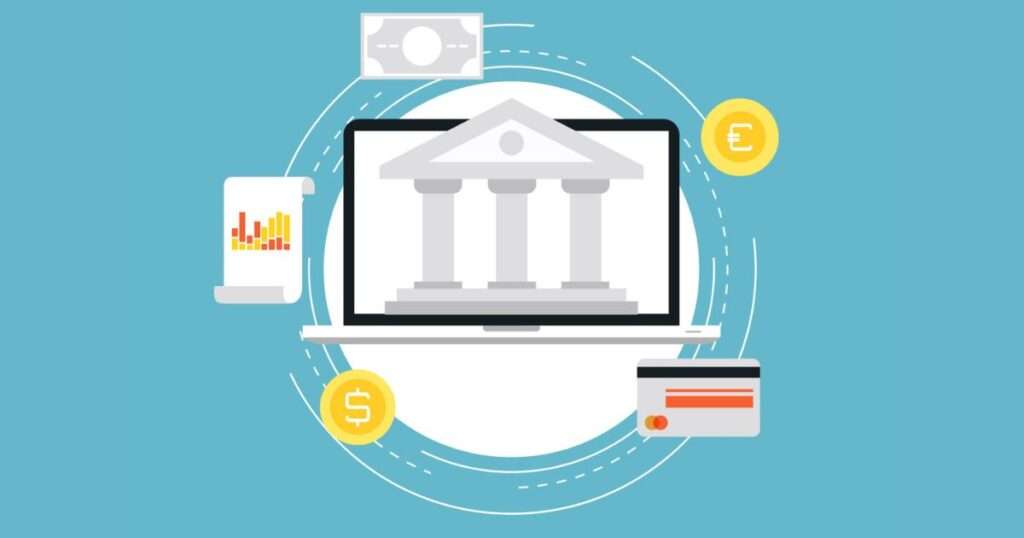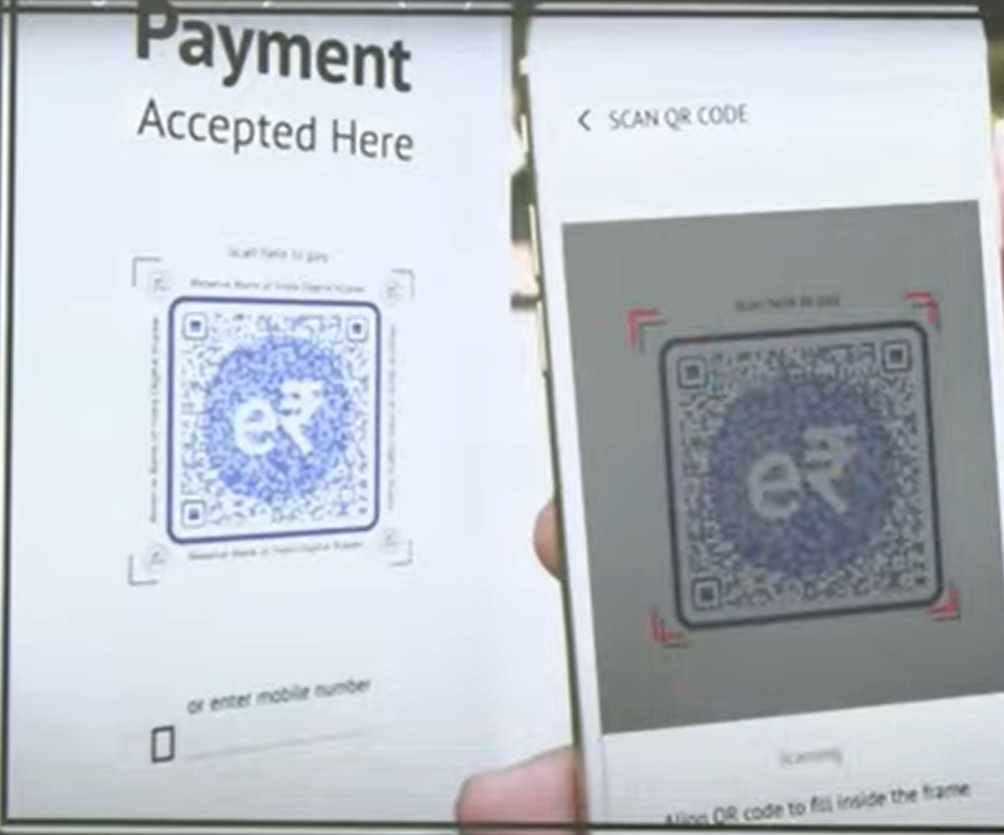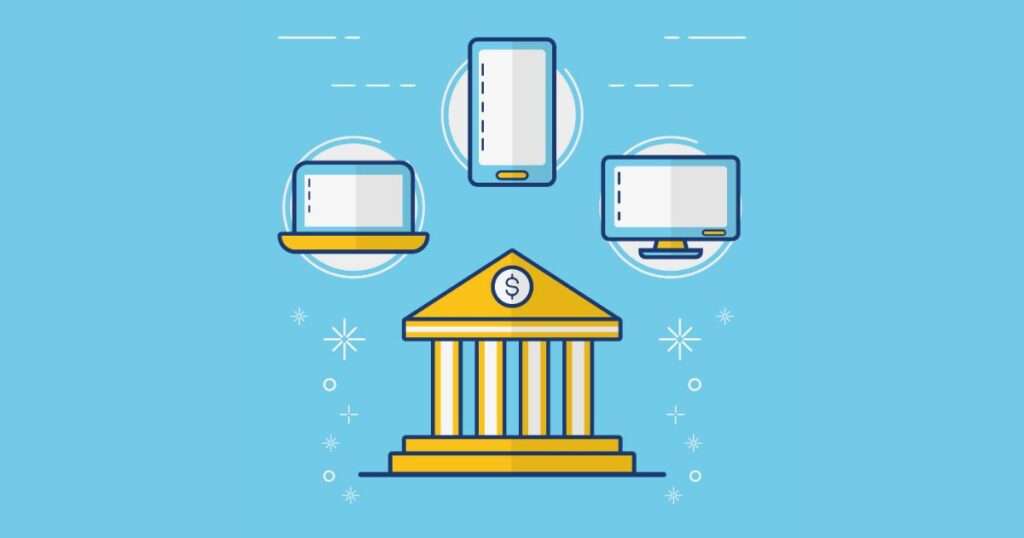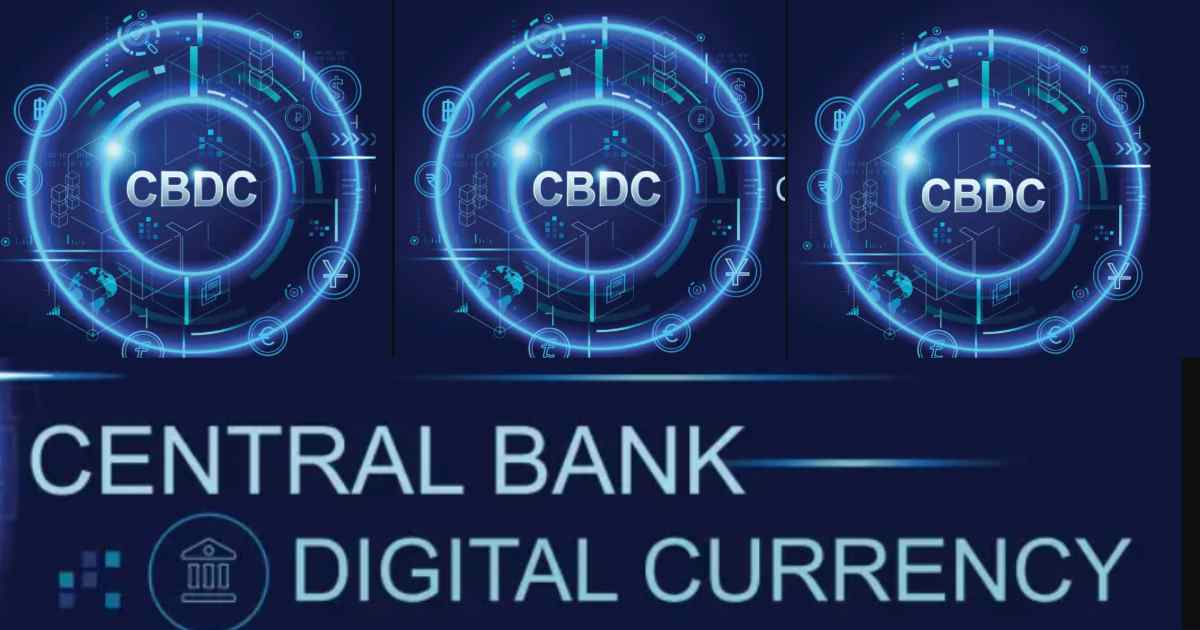CBDC (Central Bank Digital Currency) represents a new form of money that is different from cryptocurrencies like Bitcoins, which are decentralized and not backed by any government.
The concept of CBDC has gained traction in recent years, with several countries exploring the possibility of issuing their own digital currencies and some have even implemented them.
In this blog post, we will explore what CBDC is, how it works, and its potential benefits and drawbacks.
CBDC In Short
- CBDC is the blockchain based digital form of a country’s fiat currency.
- Country’s central bank, issues a CBDC.
- Many countries in 2023 exploring the possibility how CBDCs may affect their financial networks, economies, and stability.
What is CBDC (Central Bank Digital Currency)
CBDC (Central bank digital currency) is a type of blockchain based digital currency and very similar to cryptocurrency but it is issued and backed by country’s central bank (value is fixed by the country’s central bank and its value equivalent to country’s fiat currency (almost all paper currencies)).

Nowadays physical currencies are widely exchanged and accepted. Many developed countries have experienced a decrease in its usage due to pandemic. The development of cryptocurrencies and blockchain technology has fueled further interest in digital currencies and cashless societies.
Goals of CBDCs (Central Bank Digital Currencies)
CBDCs has many goals. Some of the goals are:
- Providing businesses and consumers with privacy, convenience, accessibility, transferability and financial security.
- Decreasing the cost of maintenance for complex financial system
- Reducing cross-border transaction costs
- Reducing the risks associated with using digital form of currencies or cryptocurrencies (highly volatile nature).
Type of CBDC (Central Bank Digital Currencies)
There are two (Retail CBDCs and Wholesale CBDCs) types of CBDCs.
- Retails CBDCs
- Wholesale CBDCs
(1) Retail CBDCs
Consumers and businesses will use Retail CBDCs. Retail central bank digital currencies (CBDCs) mitigate intermediary risks (There is a possibility that private issuers of digital currencies may become insolvent and result in the loss of their customers’ assets). It is available to public for all transactions related to purchase of goods and services.
There are two types of retail CBCDs:
- Token based Retails CBCDs (user can access through private key or public key or both).
- Account Based Retails CBCDs (access require digital identification only).
(2) Wholesale CBDC
Financial institutions will use Wholesale CBDCs (for bank-to-bank transactions and settlements) and it is very similar to holding reserves in a country’s central bank.

Advantages of CBDC
Main advantages of CBDC are:
- It can provide a safer and more secure form of payment.
- Provide real time money transfer.
- Unlike traditional physical currencies, CBDC is digital and can be stored on a secure platform that is less prone to theft or loss.
- CBDC can reduce the reliance on cash, which can be expensive to produce, distribute, and store.
- CBDC can also increase financial inclusion by providing access to banking services for people who are not using bank yet.
- No settlement risk.
- CBDC reduces operational costs.
- It reduces cross-border transaction costs.
- It will reduce threats of western sanctions.
Potential Drawbacks of CBDC
Potential drawbacks of CBDCs are:
- It could lead to a centralized control of the financial system. Central banks would have more control over the money supply and could potentially monitor transactions more closely.
- This could raise privacy concerns and limit individual freedom.
- CBDC could increase the risk of cyber-attacks and pose a threat to financial stability if not implemented properly.
Central Bank Digital Currency (CBDC) In India
CBDC pilot (components based on blockchain technology) launched by Reserve Bank of India in retail segment. RBI already has issued a concept note on CBDC (Central Bank Digital Currency) on October 7, 2022.
The retail segment of the Central Bank Digital Currency pilot initiated by the RBI incorporates elements that are based on blockchain technology. Reserve Bank of India has launched pilots of CBDCs in both Retail and Wholesale segments.
The CBDCs pilot in wholesale segment, known as Digital Rupee-Wholesale (e₹-W) and launched on 1st November 2022. Users can only use it to settle secondary market transactions in government securities
The CBDCs pilot in retail segment, known as Digital Rupee-Retail (e₹-R) and launched on 1st December 2022. People will use it within a closed user group comprising participating customers and merchants.
Reserve Bank of India identified total eight banks for phase-wise participation in the retail pilot project. Four banks for first phase and next four banks for second phase. In the first phase of the retail pilot project, officials have identified State Bank of India, ICICI Bank, IDFC First Bank, and Yes Bank. In the second phase, they have identified HDFC Bank, Union Bank of India, Kotak Mahindra Bank, and Bank of Baroda.
e₹-R Digital Token
- The e₹-R digital token represents legal tender like fiat money.
- The authorities will issue it in the same denominations as the paper currency and coins
- Users can transact (e₹- R) through a digital wallet (offered by the participating banks).
- Transactions can be P2P or P2M. P2P stands for Person to Person and P2M stands for Person to Merchant.
- The e₹-R digital token offers trust, safety and settlement finality same like features of physical cash but it will not get any interest like cash and it will effortlessly converts into alternative forms of currency such as bank deposits.

Reliance Retail (first retailer in India) started accepting payments through Digital Rupees
Reliance Retail collaborated with Innoviti Technologies and Banks (ICICI Bank and Kotak Mahindra Bank) and enabled acceptance of RBI-issued Digital Rupee (e₹-R) at its stores. It is the first retail chain in India who started accepting Digital Rupee.
How to do payment through Digital Rupees?
- Customer need to scan QR code present at the terminal of Digital Rupee app (which is powered by ICICI or Kotak Mahindra bank).
- Enter your passcode to authorise payment.
- Payment Done.
Cryptocurrencies Vs. CBDCs
Cryptocurrencies (based on blockchain technology) are decentralized, tamper-proof, very difficult to copy and fully secured by a consensus algorithm. CBCDs are designed similarly to cryptocurrencies, but they may or may not require blockchain technology and also do not require a consensus algorithm.
Cryptocurrencies are unregulated, decentralized and highly volatile. A financial system that requires stability cannot use it. Where CBDCs have the same value as fiat currency and are designed for financial systems that require security and stability. It is controlled by country’s central bank.

Countries who have made significant progress on CBDCs in 2023
Countries (some have tackled both wholesale & retail CBDC projects, while others yet deciding) have made significant progress on CBDCs in 2023 and they are:
- Retail: Kazakhstan, Russia and Turkey
- Wholesale: Philippines, United Arab Emirates and Saudi Arabia
- Both in Retail and Wholesale: Australia, Brazil, Canada, Laos, China, India, Japan, United Kingdom and United States
- Undecided: Ukraine, Jordan and Montenegro
Conclusion
Central bank digital currency (CBDC) is a new form of money that is gaining attraction around the world. While it has the potential to provide a safer and more secure form of payment and increase financial inclusion, it also poses potential risks such as centralized control and cyber-attacks. As more countries explore the possibility of issuing their own CBDC, it will be important to carefully consider the potential benefits and drawbacks before implementing such a system.
Please comment and Contact Us for any discrepancy.


1 thought on “CBDC The Game-Changer in the World of Currency and Banking”
Comments are closed.